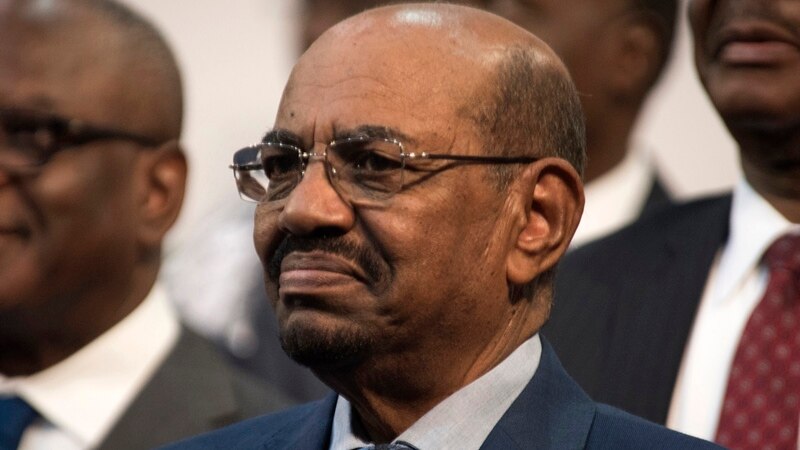Did South Africa Break ICC Rules? Court to Rule This Week

Judges at the International Criminal Court (ICC) will rule Thursday on whether South Africa violated ICC rules by failing to arrest Sudan’s president during a 2015 visit to Johannesburg, in a case that will test international support for the court.
There is an outstanding ICC warrant for President Omar Hassan al-Bashir’s arrest on genocide charges, which he denies.
Thursday’s ruling will be closely watched for its possible implications for Bashir and other sitting heads of state as well as for the court itself.
If the ICC rules that South Africa’s decision to let Bashir go was an act of noncompliance, the court could either report Pretoria to the U.N. Security Council or to the ICC’s own member states. In either case, South Africa would only likely suffer the diplomatic setback of a court reprimand, rather than any further fine or sanction.
It is also possible that the court may accept South Africa’s argument that it was not obliged to implement the warrant.
South African law
Pretoria has argued that the ICC’s warrant for Bashir’s arrest was void in the face of a South African law that grants sitting heads of state immunity from prosecution, in line with customary international law.
However, the ICC’s statutes explicitly state that sitting heads of states do not have immunity in war crimes cases.
Bashir, who came to power in Sudan in a 1989 Islamist and military-backed coup, was charged with genocide and crimes against humanity in 2008 over the deaths and persecution of ethnic groups in the Darfur province.
He denies the charges and continues to travel abroad, trailed by human rights activists and shunned by Western diplomats.
Though Sudan is not a member of the ICC, the court has jurisdiction there because of a 2005 U.N. Security Council resolution that referred the conflict to the Hague court.
Risk for ICC
The ICC faces the risk that any action it takes will only underline waning international support for its existence.
The United States, Russia and China never became ICC members. In Africa, resentment over the court’s indictments of Africans has led Kenya to threaten withdrawal, and the African Union also called in February for mass withdrawals.
South Africa has gone further, formally notifying the United Nations last year that it intended to withdraw from the court.
Earlier this year a domestic South African court blocked the move over procedural issues, but authorities said as recently as last week that they would press ahead with the withdrawal.

0 Response to "Did South Africa Break ICC Rules? Court to Rule This Week"
Posting Komentar